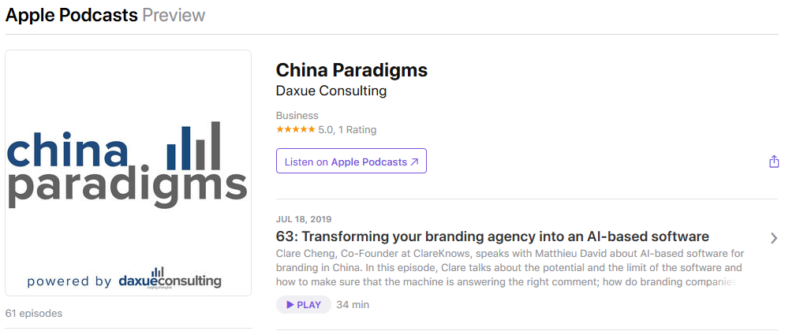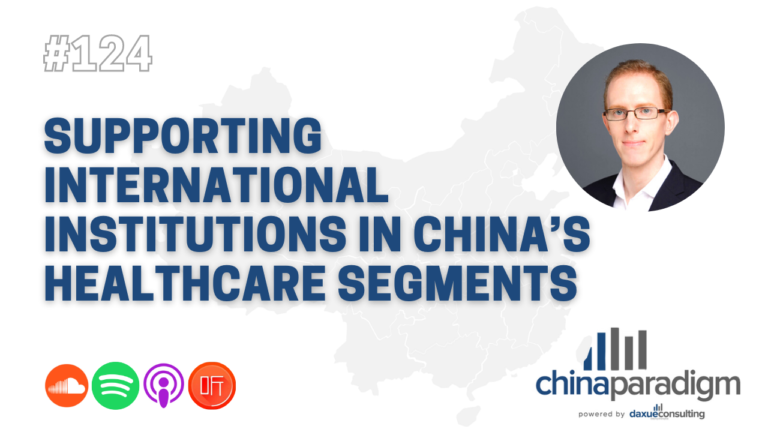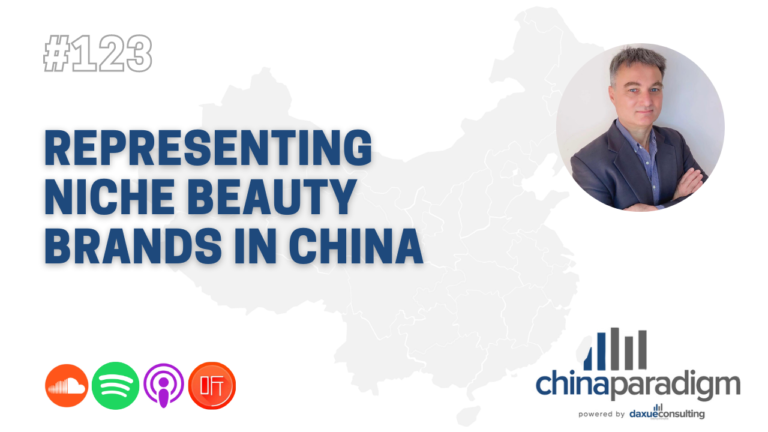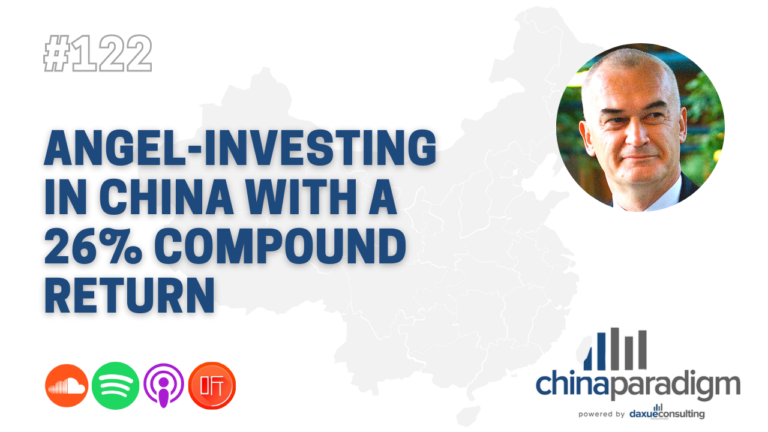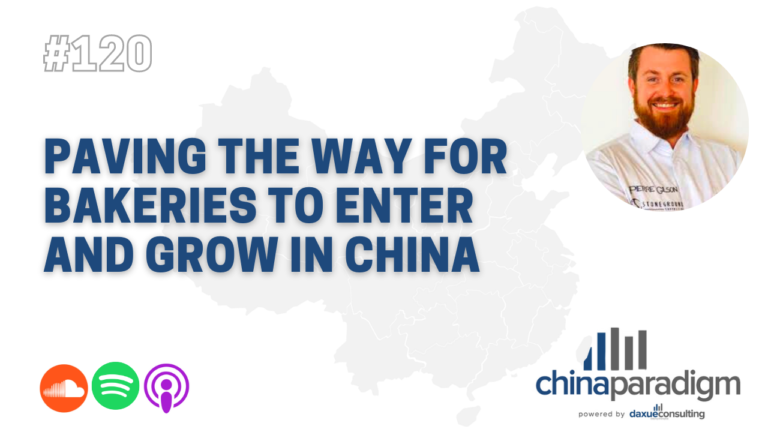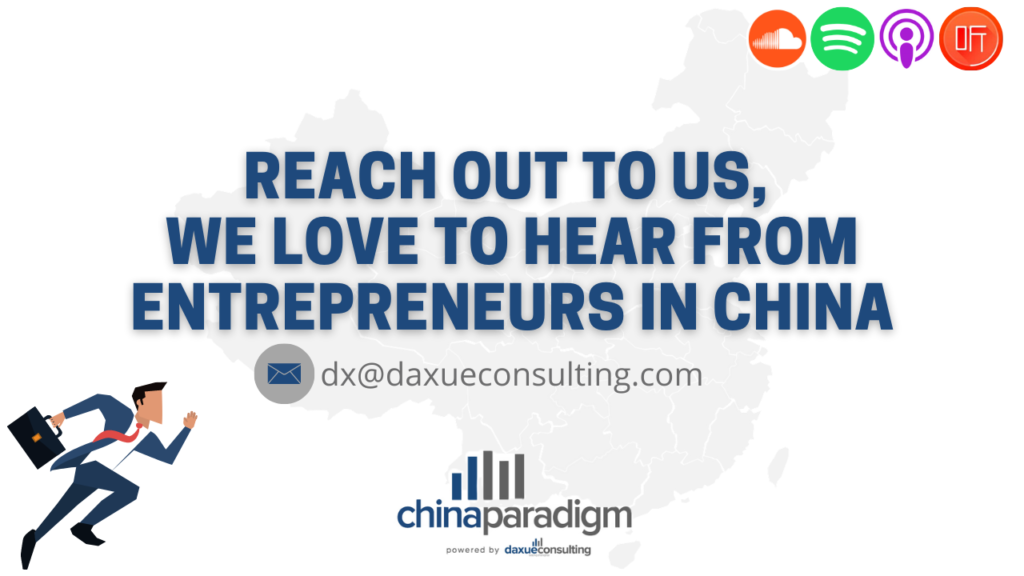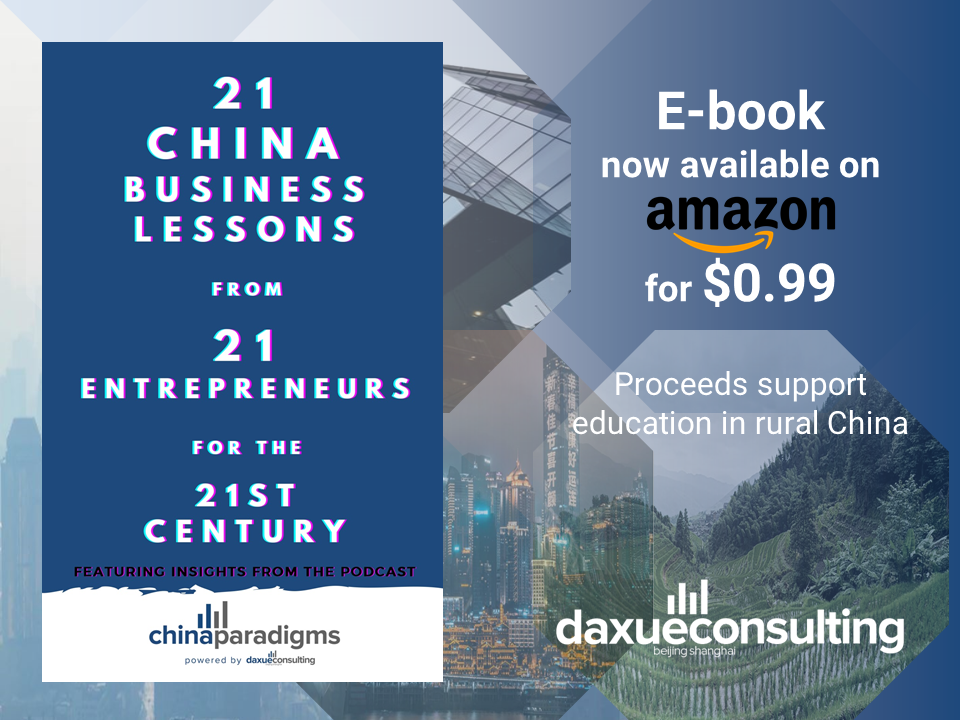China Paradigm interviewed Stephane Choury, the CEO and co-founder at HI COM, a fast-growing agency in the language service industry in China, to learn how to develop translation service in China with technology and online platforms like Dianping in China.
Stephane Choury, an engineer in the translation industry in China
In 2007, Stephane Choury graduated from Eseo in Angers, France with a Master’s degree in General Engineering and Electronics. After graduation, he worked at Parlex, a manufacturing company of flex circuits and microelectronics, as the Key Account Manager.
In 2011, Stephane arrived in Beijing and started to work at BoostSolutions, a leading developer of SharePoint components, as the Business Development Manager. In 2012, he switched to the translation industry in China and joined LCI Shanghai, a French company providing language service specialized in engineering.
After gaining sufficient knowledge about the translation industry in China, Stephane decided to embark his entrepreneurship. In 2016, he co-founded HI-COM with Robert Harrison, his former colleague from LCI, who is more familiar with the production of the translation technology in China.

HI-COM: Localization with translation service in China
Founded in Shanghai, 2016, HI-COM is a fresh and innovative player in the translation industry in China. With a new sub-branch recently opened in Guangzhou and a legal entity in Hong Kong, the company now has 14 employees in total. HI-COM provides a variety of language service, including translation, proofreading, interpreting, and copywriting and covers over 40 language pairs. Now the company serves more than 200 clients, ranging from startups to SMEs that need translators or translation technology in China to localize their businesses.
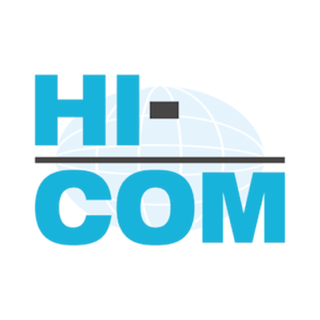
One of the major reasons why Stephane decided to open his own company in the translation industry in China is that during his occupancy at LCI Shanghai, he discovered the limitation of providing language services with only in-house resources. Therefore, he developed his translation service with a unique business model of pairing different companies with translators specialized in their industries.
“It is really hard to have so many translators with different specialties in companies. You need so many resources in the translation industry in China, so you can only outsource. We segment clients very well through their fields and language pairs.”
Moreover, to address the requests from clients more effectively, HI-COM organizes a team of associates, each of whom is responsible for one specific service. Based on the clients’ needs, HI-COM is able to assess the right associate for them in the language service industry in China.
How to develop your translation service in China
Like many entrepreneurs in China, Stephane and his team also faced a lot of challenges in the translation industry in China. One of the mistakes they made at the beginning was to focus on building the volume of customers like everybody else. However, they discovered that to develop translation service in China successfully, HI-COM needs to first establish a clear position in the language service industry.
“We cannot compete with everybody in the translation industry, including freelancers, automatic translation technology in China, etc. We have to bring add-on values to our customers.”
Compared to most platforms in the language service industry in China, one of the biggest advantages that HI-COM has is that it uses SDL Trados Studio, an advanced translation technology in China helping customers save time and make sure the quality of its services in the long run. Once the context is input, this translation technology in China can save the finished works in its glossary and implement the same terminology next time. According to Stephane, through this translation technology, “we don’t have to start from scratch.”
How does Dianping in China help a translation business expand in China
After discovering that more and more hotels or restaurants in foreign countries are trying to use Dianping in China to attract Chinese tourists, Stephane and his team began to offer the management service of this online platform to develop their businesses in the translation industry in China. Now, “creating a business account on Dianping in China” became one of the most-searched keywords of the website of HI-COM on SimilarWeb. If a foreign company wants to place advertisements on Dianping in China, HI-COM can help translate its content and manage its Dianping account.
“Translation industry in China is not very sexy,” Stephane joked, “so we are trying to work on the current trends to serve more customers.”
However, the service of helping companies run Dianping in China is not one of the revenue sources of HI-COM. To Stephane, this sector is only for opening more business opportunities for HI-COM in the language service industry in China. Once a company sets up an account on Dianping in China, it will need more related translation service.
“The DNA of HI-COM is definitely a company in the translation industry in China. The market is big and still growing, but only translation is not enough.”
Listen to China Paradigm in iTunes
